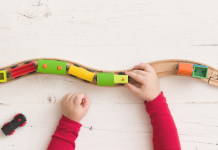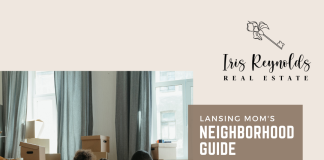According to the Pew Research Center, most American parents say the COVID-19 school closures of 2020 and 2021 negatively affected their children’s education, and 44% say it is still impacting it today. For those of us who had preschoolers at that time, the effects may not be as obvious. Our daughter is on par regarding her scholastic development. However, her social skills are slow but steady, which undoubtedly resulted from a year of isolation. She is also in the group of children whose birthdays fall in between ideal Kindergarten-start years, being born in late fall. In order to tackle my concerns regarding Kindergarten readiness, both from an age and a development perspective, I consulted an expert, and I hope this discussion helps your family make similar but important choices.
Expert Advice
Janna Sherwood is a Pre-K teacher at Grand Ledge’s Delta Mills Preschool. She lovingly ushers area three, four, and five-year-olds along on the journey toward kindergarten. We may be partial since our daughter has only had one teacher in her life. But we feel “Ms. Janna” has been the perfect resource for Averie. Particularly because Averie came in with some social hesitancies and shyness and over time Ms. Janna helped her to really blossom.
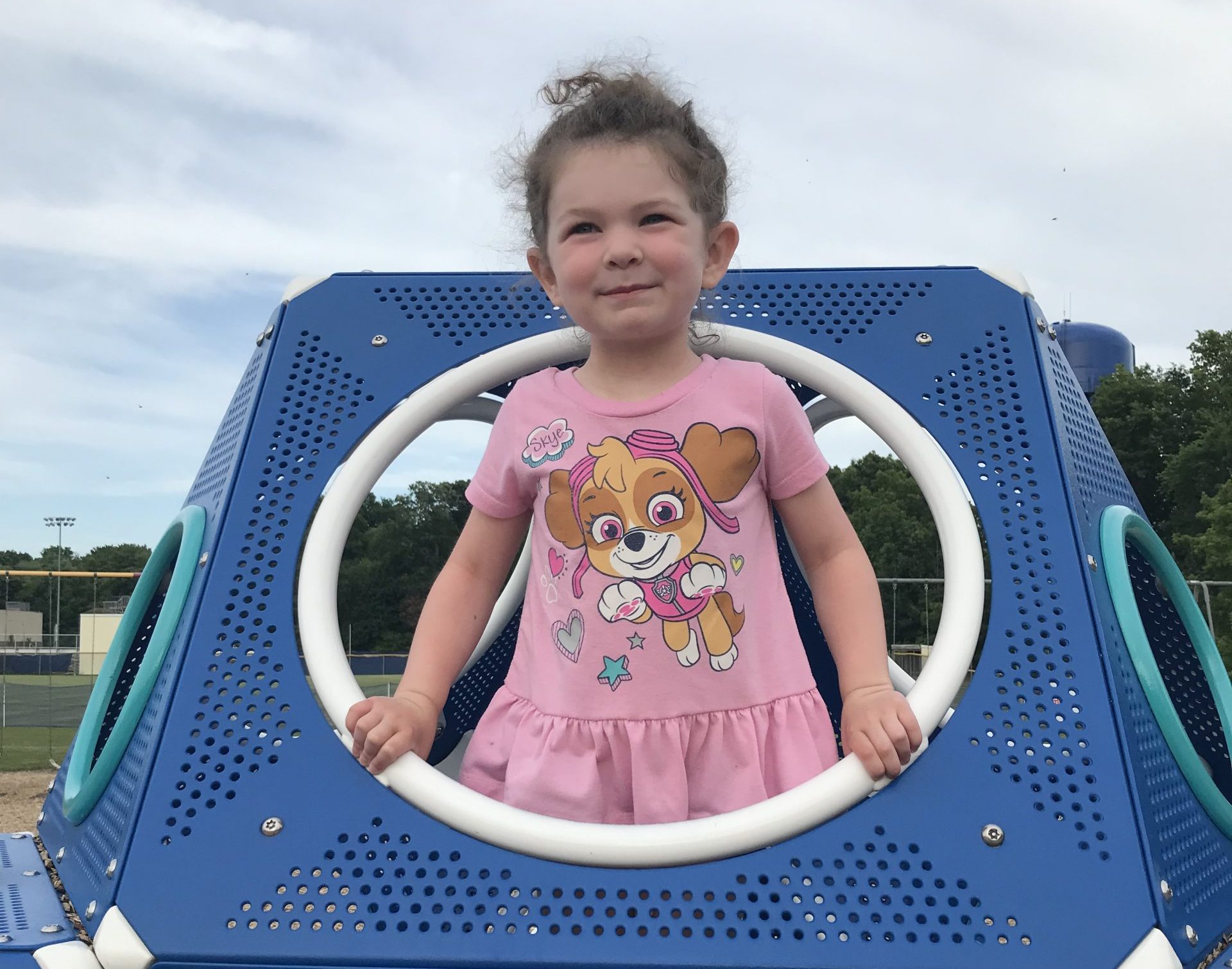
In regard to the effects of COVID isolation, Sherwood’s experience as a teacher mirrors the statistics. “The intense effects it’s had on our children is large, as our children are entering the school force with a skewed version of reality. They are used to mom or dad being around them more (working remotely) as well as minimal or no interactions on a regular basis with others their age. These are both major factors we are noticing when these same children are coming into the school for their first time, creating a greater level of anxiety (both separation and social).”
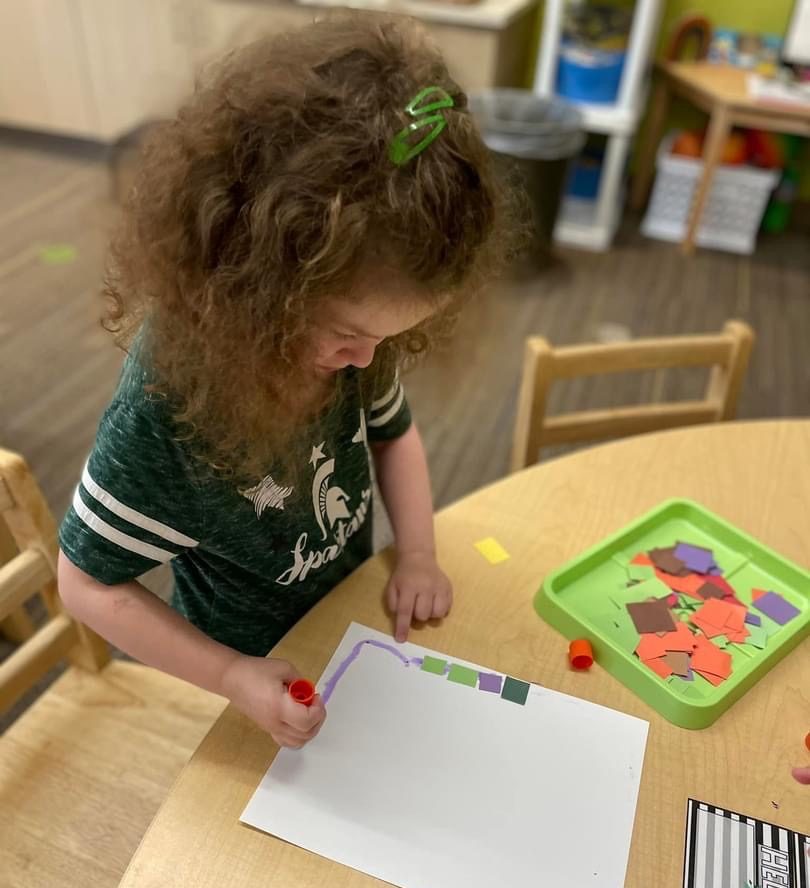
So how do parents continue to ready preschoolers for Kindergarten? Especially when taking into account the specific conditions in which they’ve been developing over the past 2-3 years? Sherwood reminds us the answers to this riddle lie in three areas: social, academic and emotional development. “We place so much emphasis on age, when in all actuality, it’s how prepared they are socially/emotionally. I’ve seen some very strong four-year-olds and some rather timid five-year-olds.” Sherwood adds that parents should ask themselves some basic questions about their kids when considering their readiness for school:
- Does your child have a basic understanding of letter/sound association?
- Can your child write their name?
- Is your child able to separate from you without trouble?
- Is your child able to maintain focus for a period of time?
It Starts at Home
If these questions are hard to answer right now, don’t worry. We’re all readying our kids for Kindergarten, whether we’re being intentional about it or not. Sherwood uses examples like challenging kids to “dress themselves and use the bathroom independently,” to illustrate that life skills are in fact school skills. Another good thing to remember is practice makes…well, progress. “If your child struggles in social settings, begin integrating them into more social activities to slowly overcome social anxieties, such as park visits, play dates, participating in recreational sports, etc. The more we familiarize ourselves with fearful situations, the more comfortable it starts to become.”
In addition, she reminds, “Every little bit counts when it comes to preparation.” Whether your child has been at home with you, or in a preschool program to this point, a “general knowledge of counting, alphabet letters, letter/sound association and basic writing skills” are essential to prepping for full day, five days per week Kindergarten.
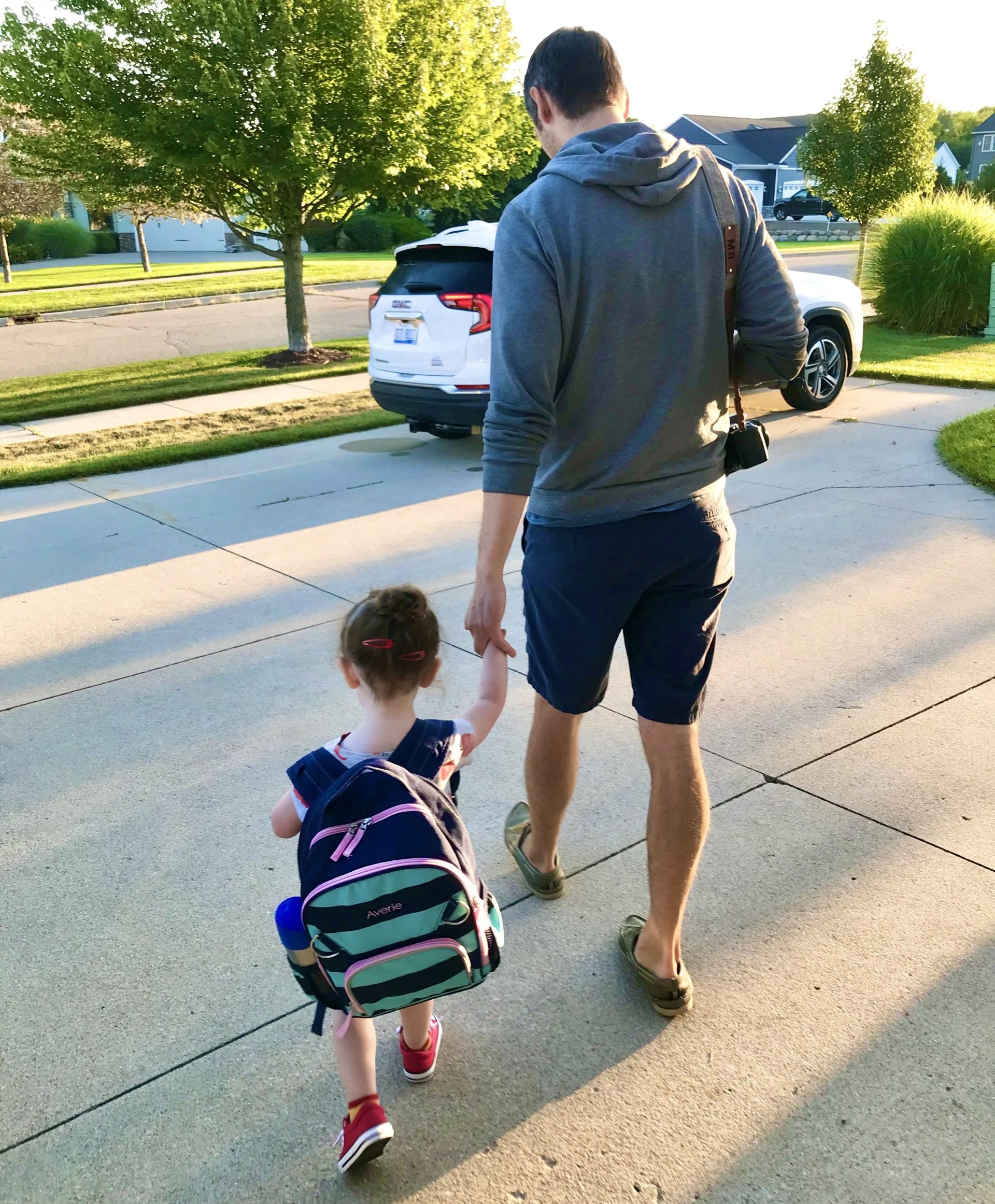
Lastly, I asked Ms. Janna how to navigate the differences in behavior that many kids display at school versus at home with parents. My kid for one, can be a shyer child at school than at home. But she performs better with things like counting and writing at school. To this, Sherwood acknowledged, “It can be difficult to properly gauge what happens at school, when you are not there firsthand to see such behaviors/interactions. It isn’t uncommon for school interactions to be different from home- they are two entirely different environments.”
Overall, there is no magic equation to use when deciding if your child is ready for Kindergarten. Sherwood’s last bit of advice is to consult the experts. “If your child has had previous school/daycare experiences, take the feedback from their teachers, instructors, or caregivers into consideration. Use them as a sounding board when making your decision.” I will add to her advice my own: Don’t forget to trust your instincts. After all, you know your child best.



